Trading applications have revolutionized the investment landscape, making it crucial for app development companies to design user-friendly platforms with effective monetization strategies. Stock trading app developers often implement methods like transaction commissions and subscription plans for premium features such as advanced analytics and personalized financial advice. Additionally, leveraging idle user funds through interest plans and enabling participation in IPOs can significantly boost revenue. This article shares practical tips to turn your stock trading app into a successful business while providing great value to users, with the support of a leading app development company.
What is a Stock Trading App and How Does it Work?
A stock trading app is an online platform that permits users to shop for, promote, and manage their shares using a smartphone and internet access. These apps make use of superior technology for monetary management, offering actual-time inventory monitoring, steady transactions, and more desirable privacy features like encryption and multi-issue authentication. Lower brokerage fees can attract users.
10 Essential Features for a Successful Stock Trading App
Creating a stock trading application that meets the expectations of users and is distinctive from the crowd requires careful consideration of the most important elements. Below are ten features that can improve customer experience and help drive growth:
1. Simple Login Options: It is essential to have easy login options in the current fast-paced environment. Use multiple login options, such as PIN codes and biometric identification (fingerprint or facial recognition) or logins to social media. This will not only make access easier but also increase security, providing users with confidence in making decisions about their investments.
2. Cross-Platform Compatibility: Customers anticipate flexibility when connecting to the trading platform they use. Make sure your software is to be had across numerous gadgets, including drugs, smartphones, and laptops. The equal experience throughout one-of-a-kind structures lets customers manipulate their portfolios and make trades at any time and from everywhere without troubles with technology.
3. Push Notifications: In today’s fast-paced stock trading market, keeping up-to-date is vital. Use push notifications to inform clients of major changes in stock prices or market trends, as well as pertinent information. This well-timed update allows users to make knowledgeable alternatives and swiftly react to marketplace changes.
4. Real-Time Monitoring: Users need the capability to hold and tune in their investments and portfolios in real time that will make knowledgeable investment selections. Offering stay updates on the market, inventory costs, and portfolio performance is essential. Implementing advanced charting tools to allow investors to analyze changes in the stock market live could further enhance the trading experience.
5. Different Payment Methods for Customers: To cater to an intensive consumer base, provide quite a number of charge strategies to make transactions smooth. Accepting debit and credit playing cards, UPI, bank transfers, and the maximum famous fee processors makes it clean for customers to fund their buying and selling debts, which improves pleasure and encourages regular trading.
6. Market Trends and Analytics: Equip customers with insights into trends in the market and analytical tools that can assist them in making higher decisions. This equipment can include precise charts, graphs, and indicators that examine market conduct, assisting investors in figuring out investment opportunities in addition to risks. Providing educational information or training about using these tools could also provide value.
7. Complete Transaction History: The ability to access a comprehensive account of transactions that detail the amount of investments, trades, and the fees incurred is useful for those using the program. This feature allows users to monitor progress over time and helps with better financial planning. Easy navigation and clear categorization of past transactions enhance the user’s experience.
8. API Integration with Third Parties: Users can integrate accounts with other platforms using third-party APIs. This function allows investors to manage their investments in one spot, making it easier to manage diverse portfolios. Integrating with financial tools, such as tax software and applications for financial planning, can make their lives easier.
9. Newsfeed: A live news feed that aggregates the most recent market news, stories, and analysis by experts informs users about the latest changes that affect their investments. The option to customize the feed lets users pick topics of their interest and follow particular stocks, as well as receive notifications on pertinent developments, which can help improve their trading strategies.
10. User-Friendly Interface: A simple and easy-to-use interface is important for keeping users engaged. Design the app with clear menus, easy navigation, and user-friendly features. A customizable dashboard helps users quickly access their favorite data, making the app more enjoyable and convenient to use.
Conclusion
Creating a successful stock trading app requires a well-structured plan, encompassing everything from selecting essential features to ensuring robust security measures. Partnering with a trusted stock trading app development company, like Devstree Australia, can transform your vision into reality. With their expertise in fintech app development, you can build an innovative and secure app that stands out in the competitive stock trading market.






.svg)

.svg)





.png)

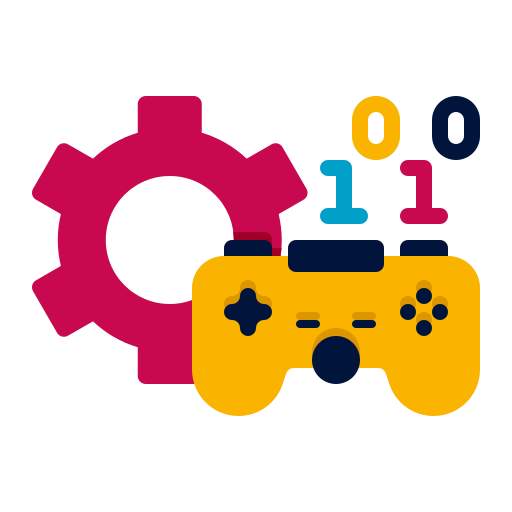





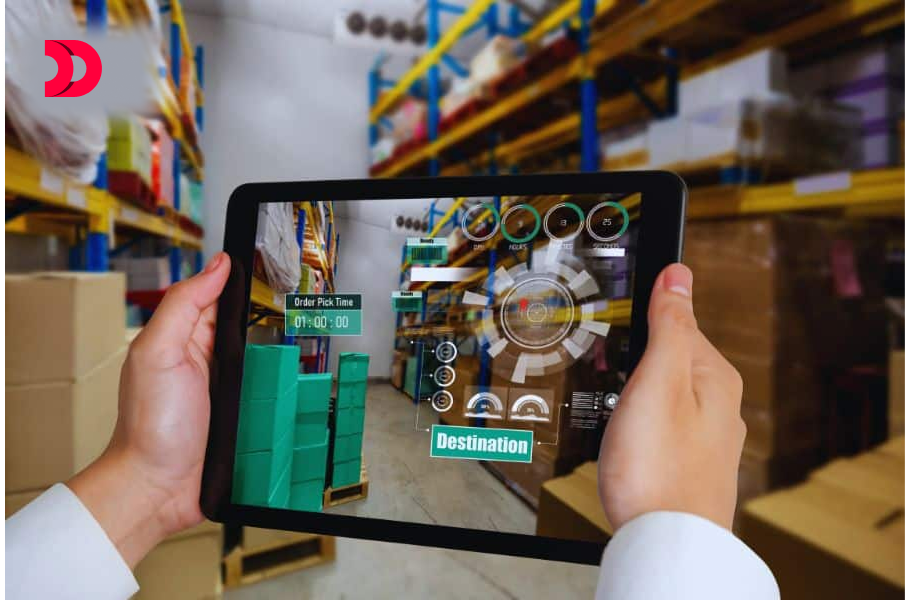



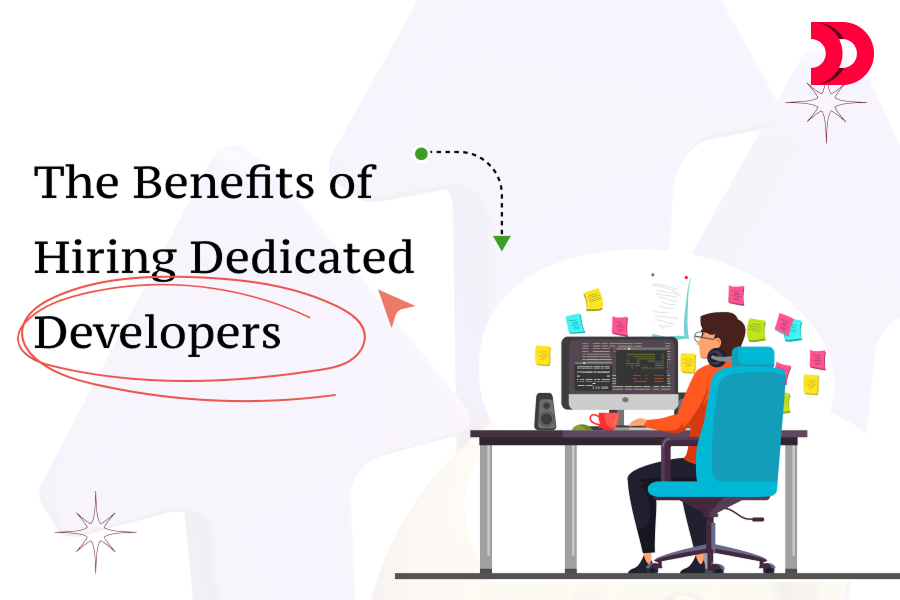
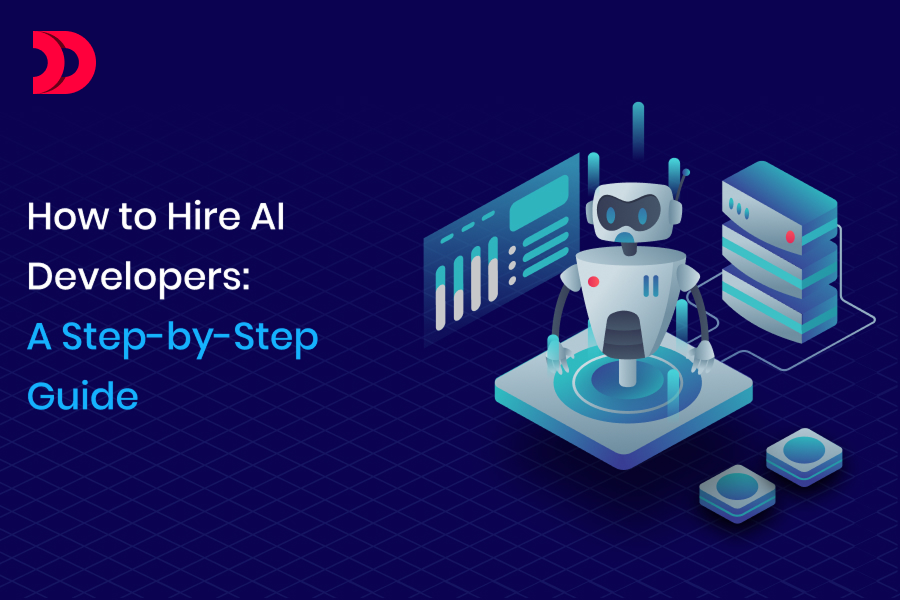
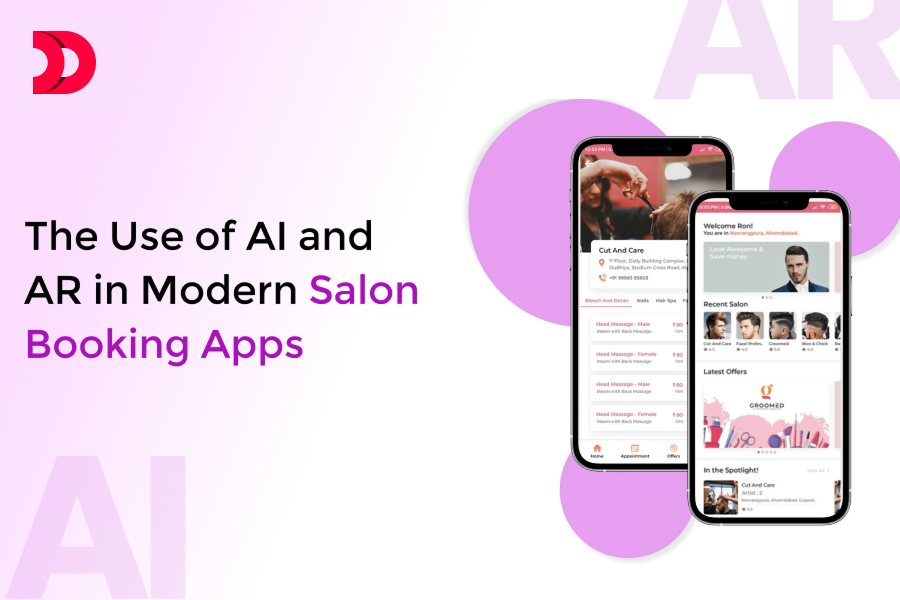

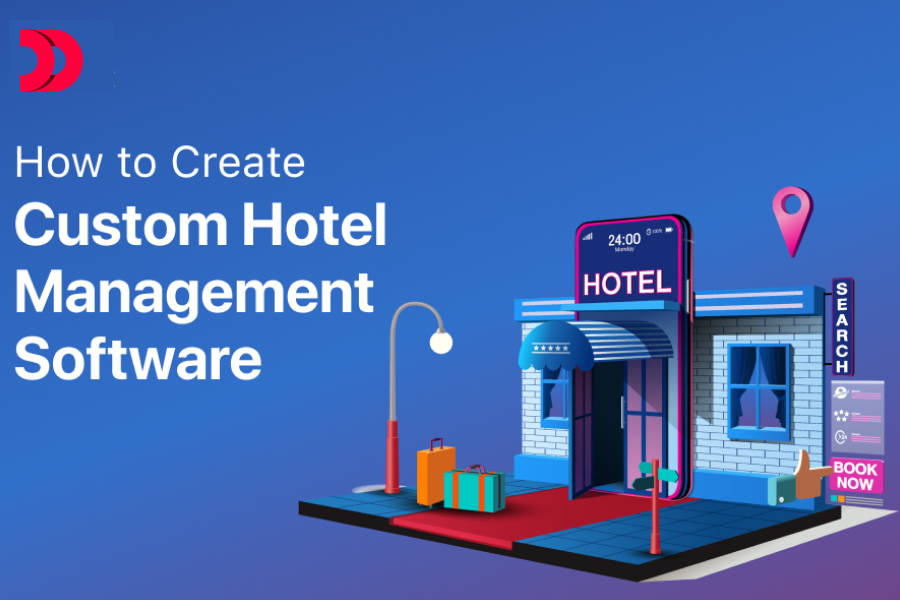




originil.webp)

originil.webp)

